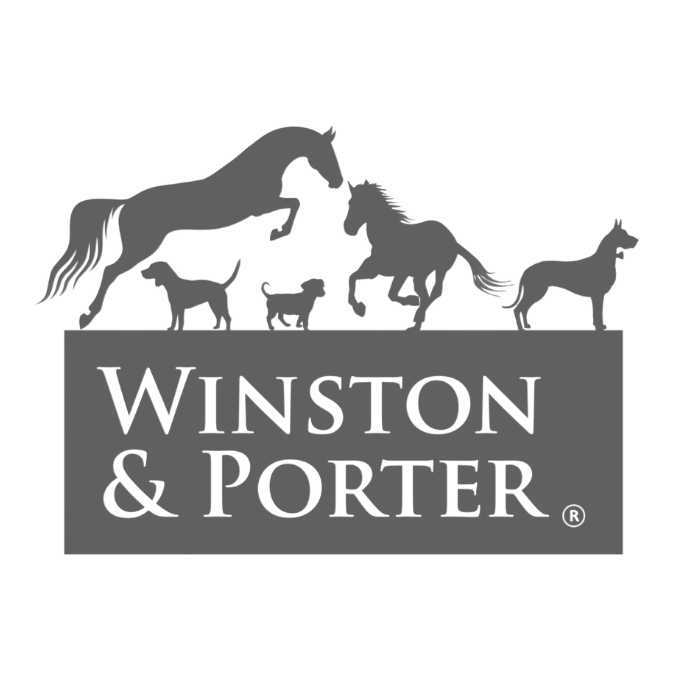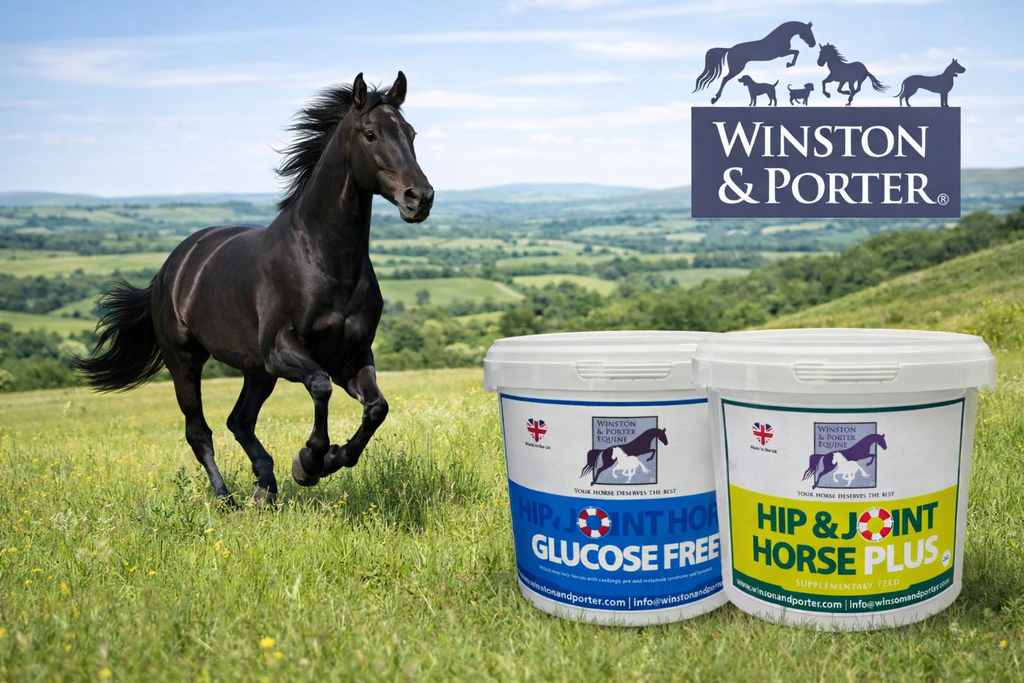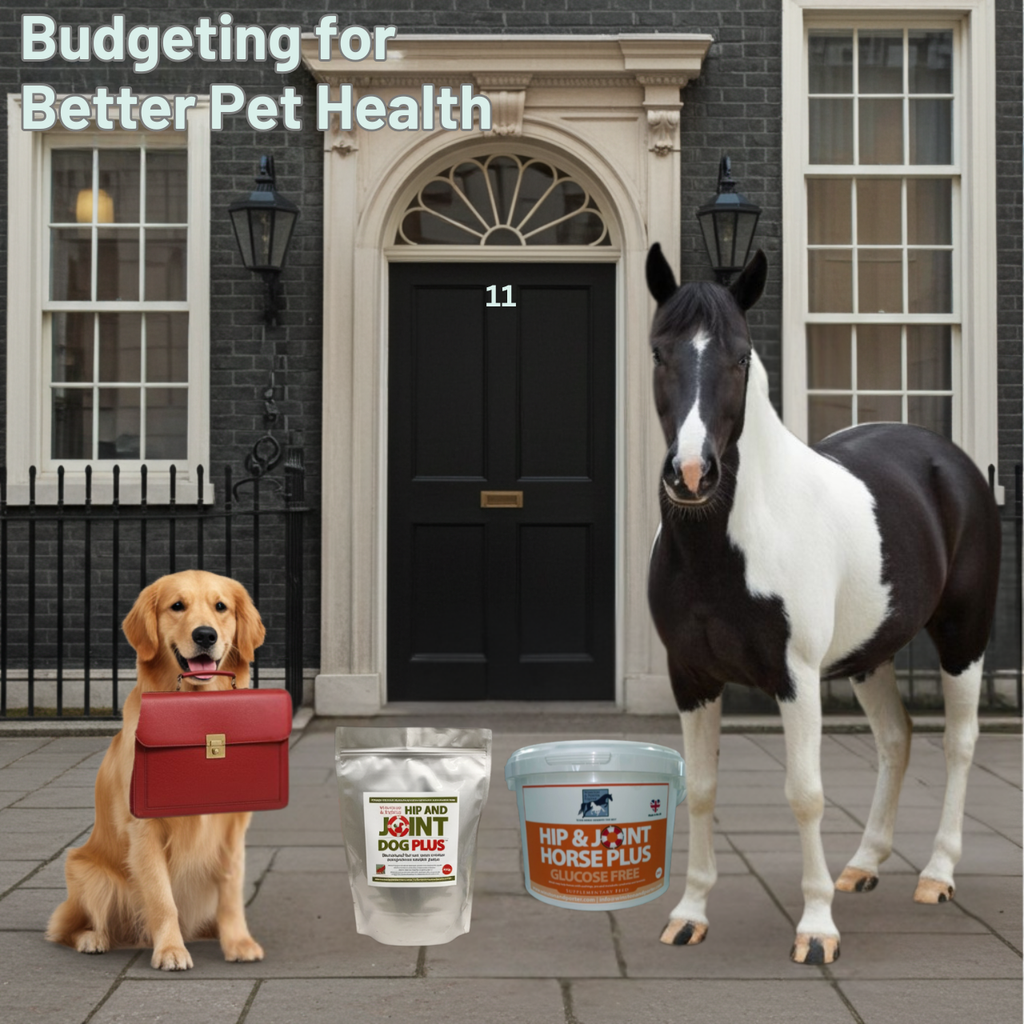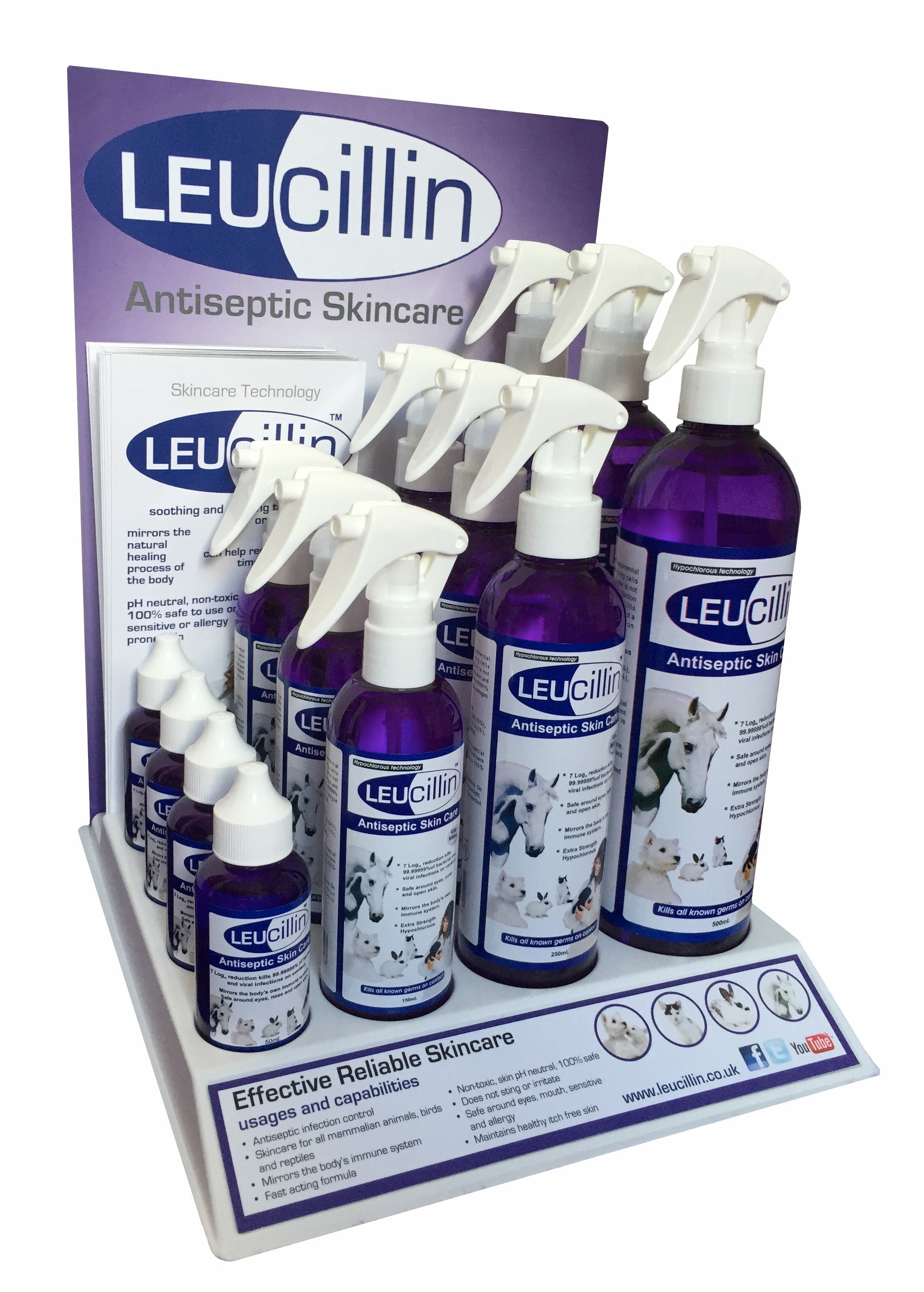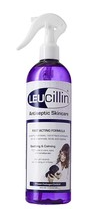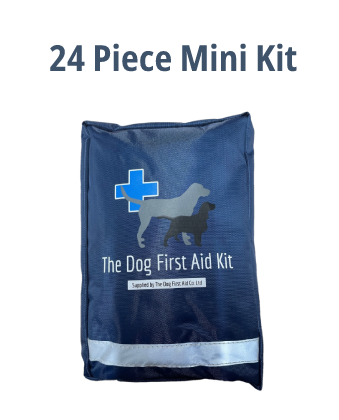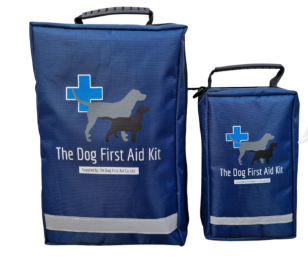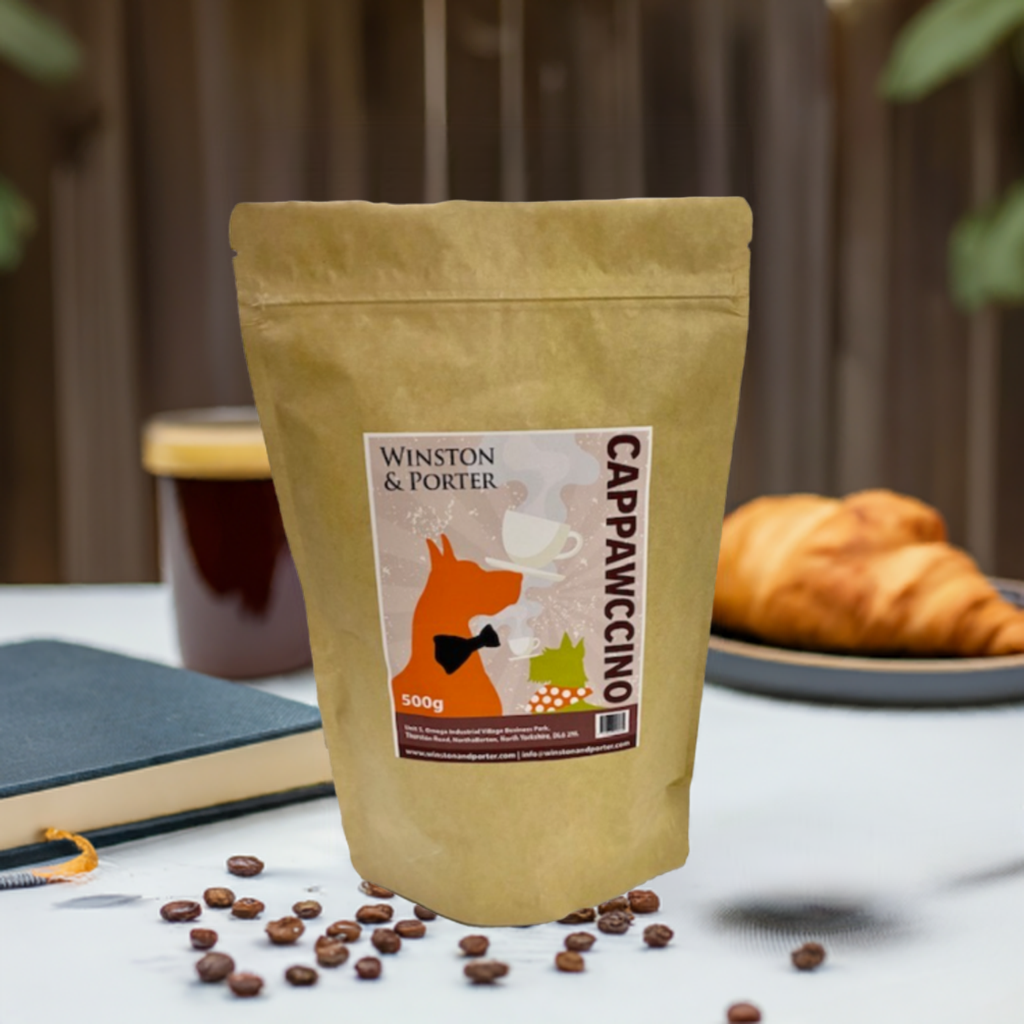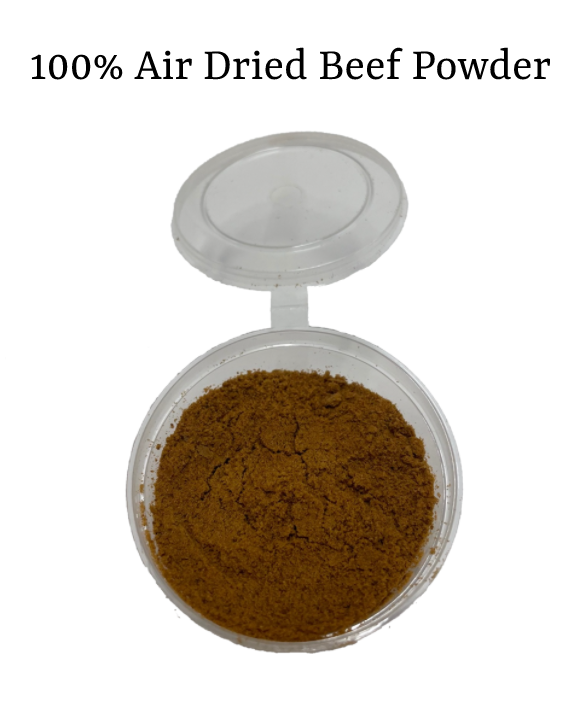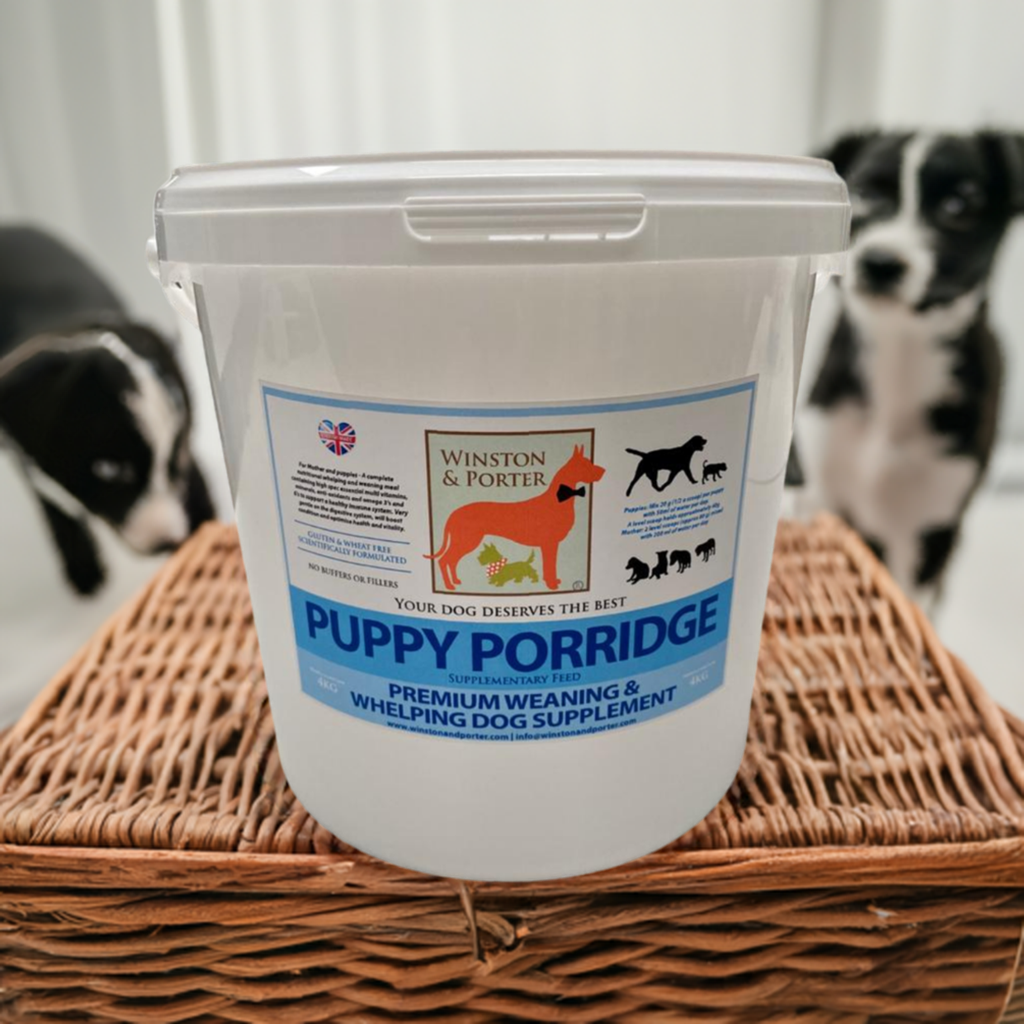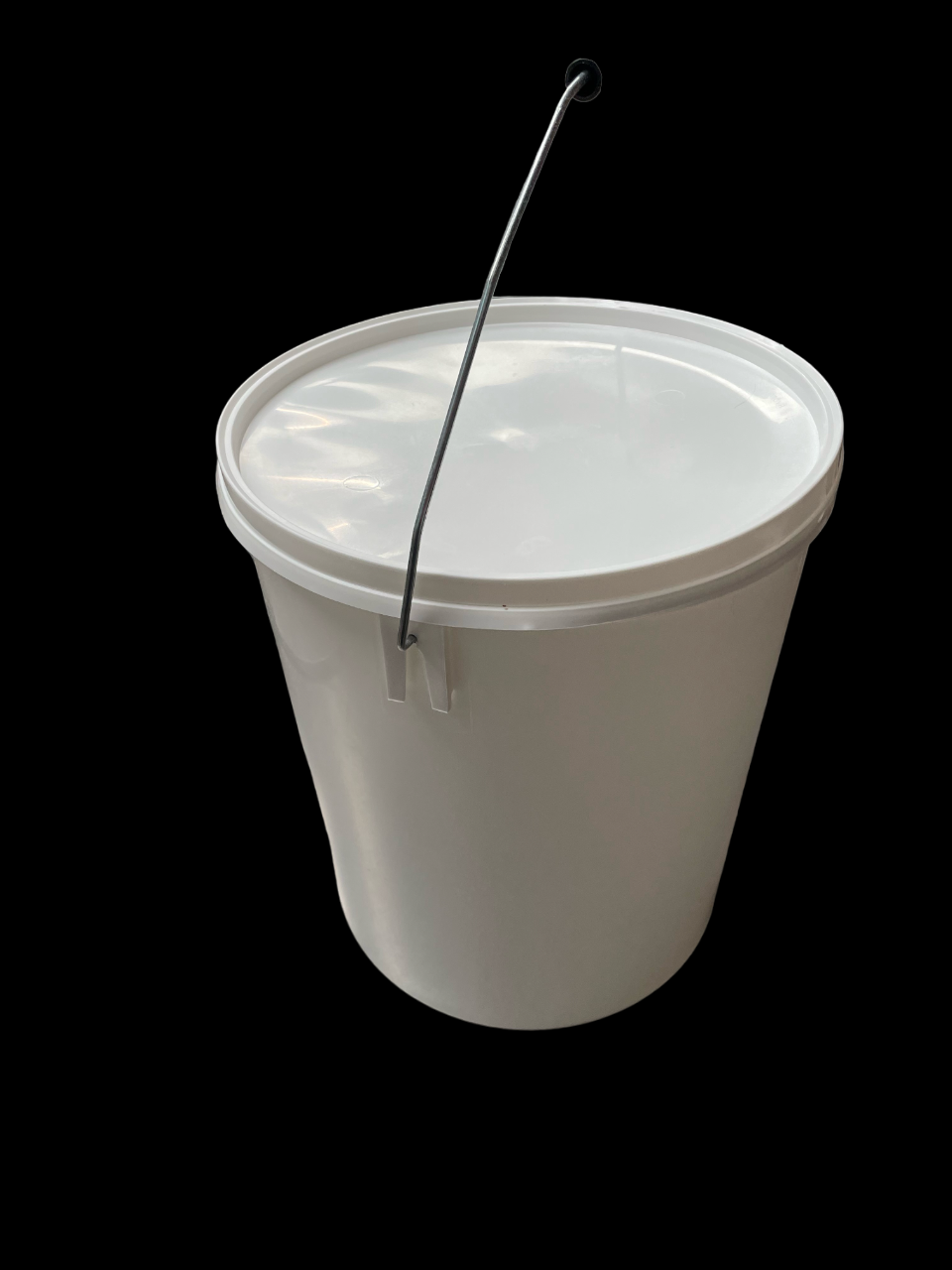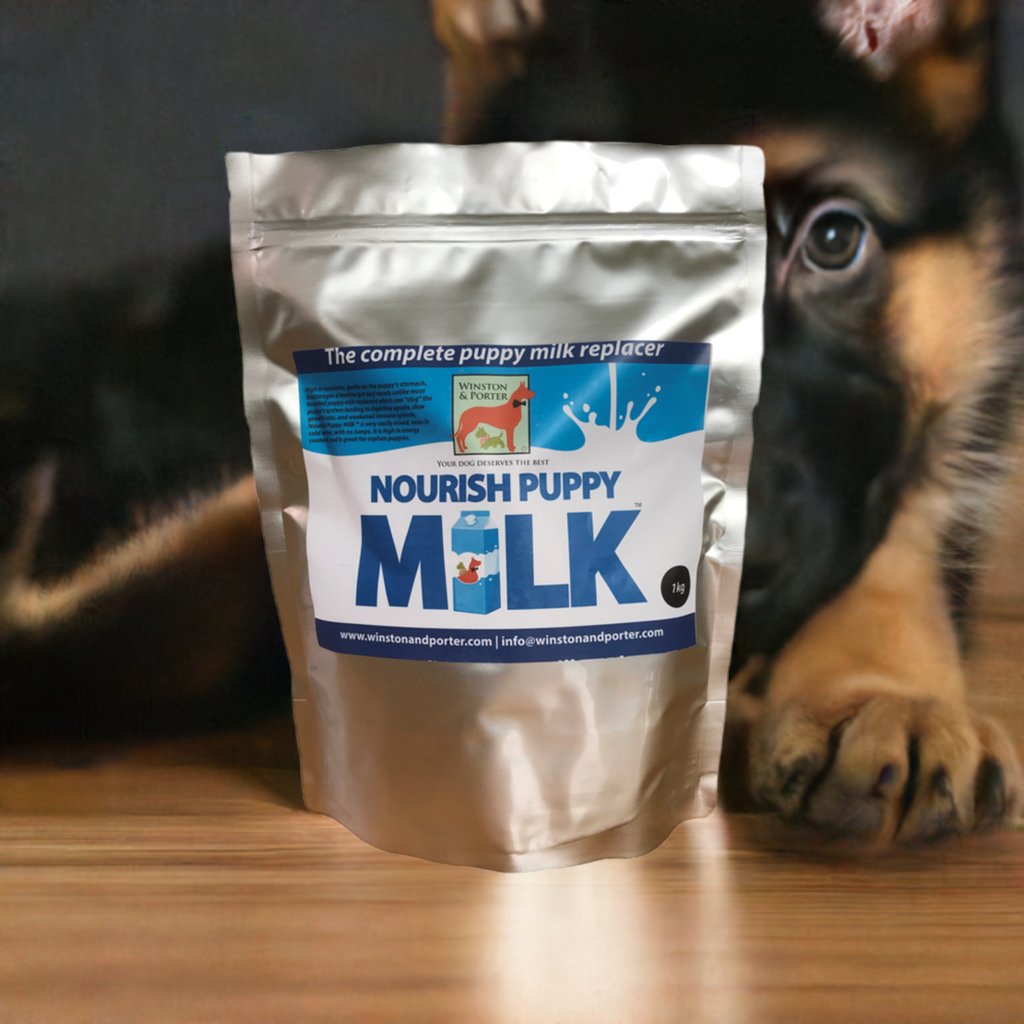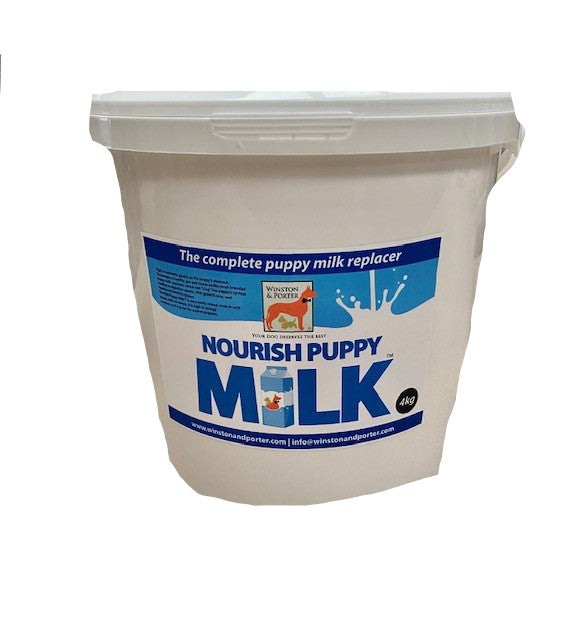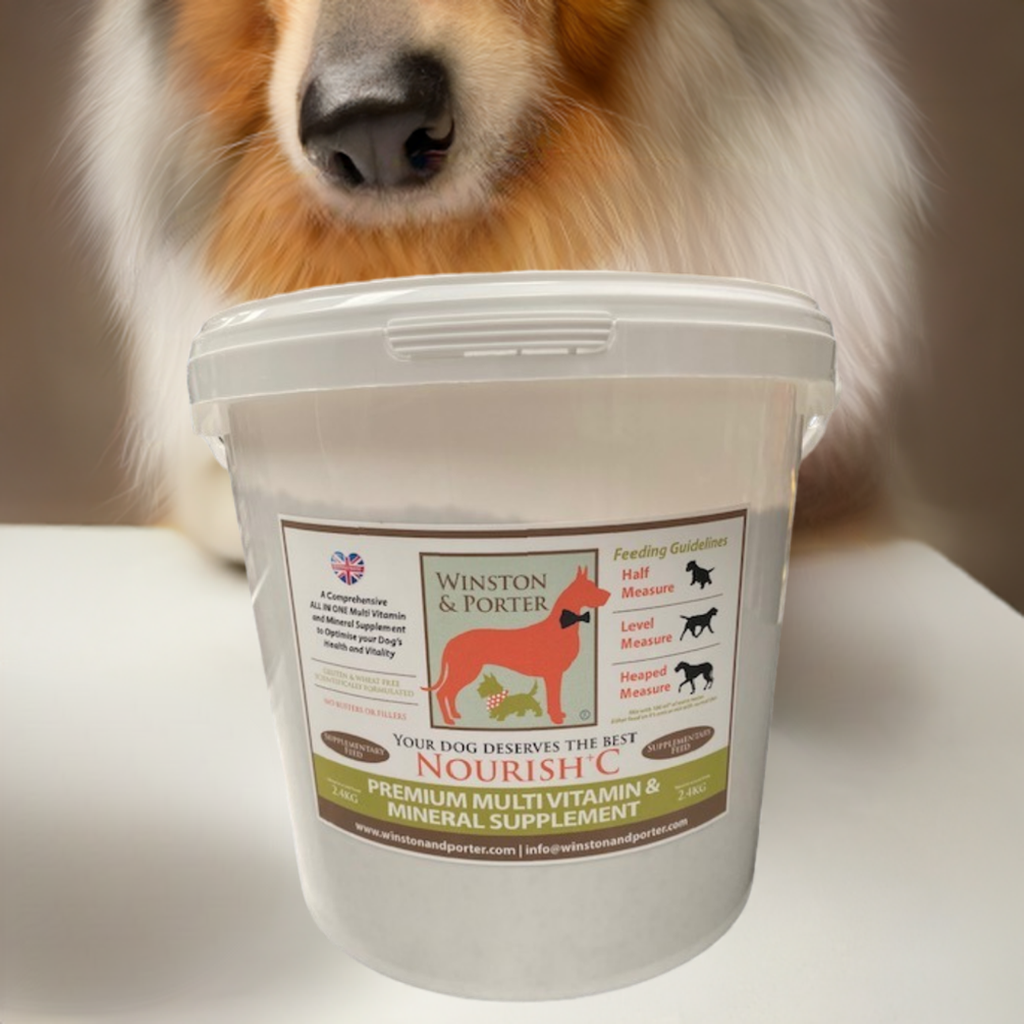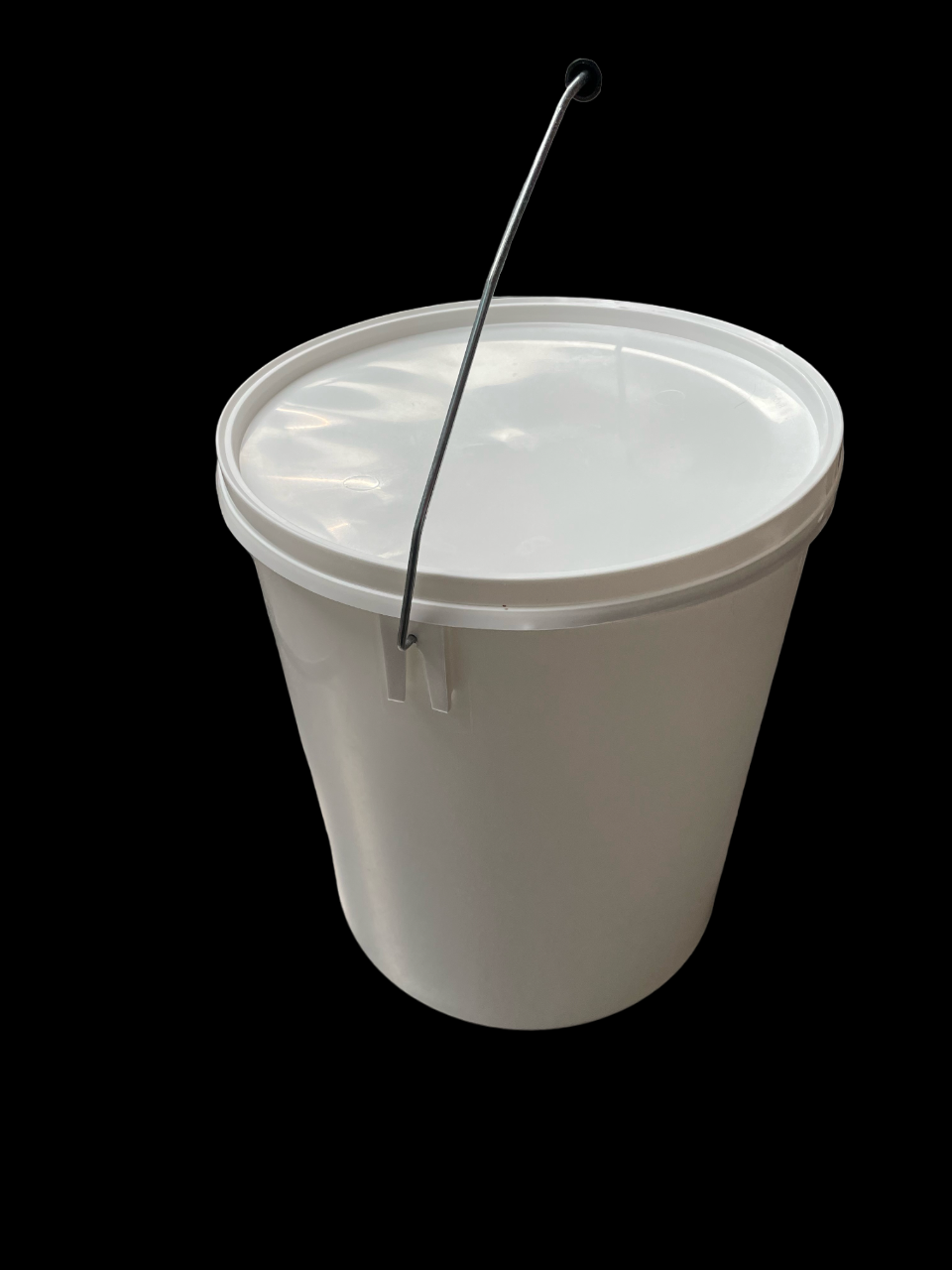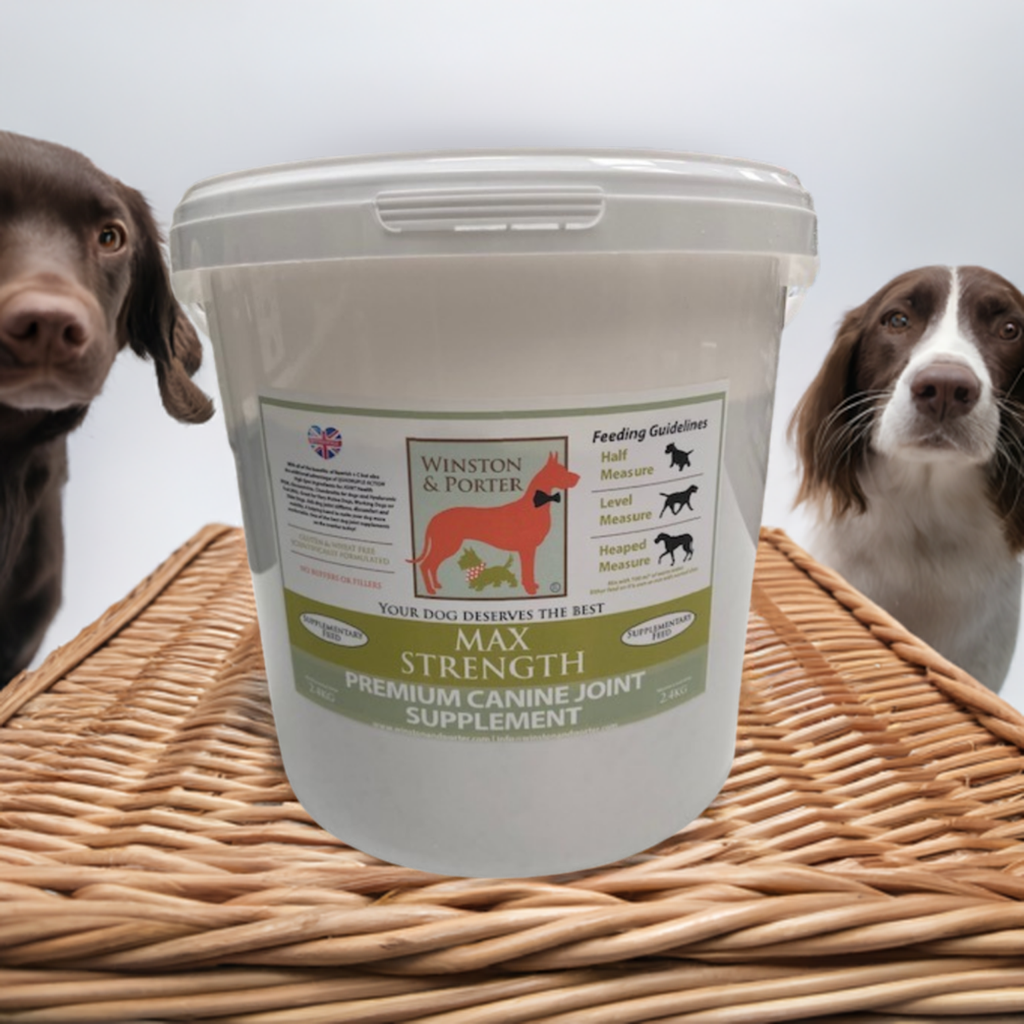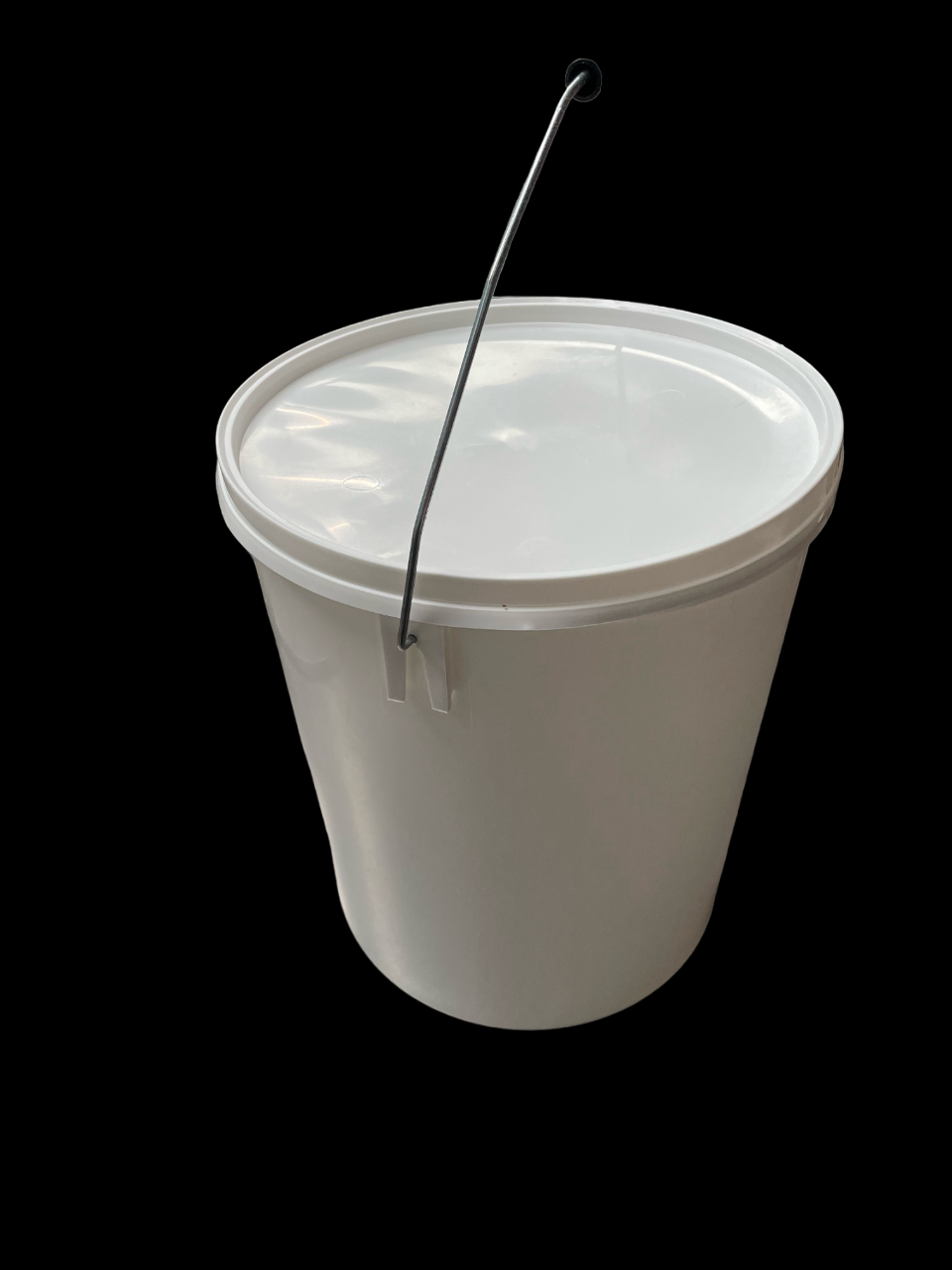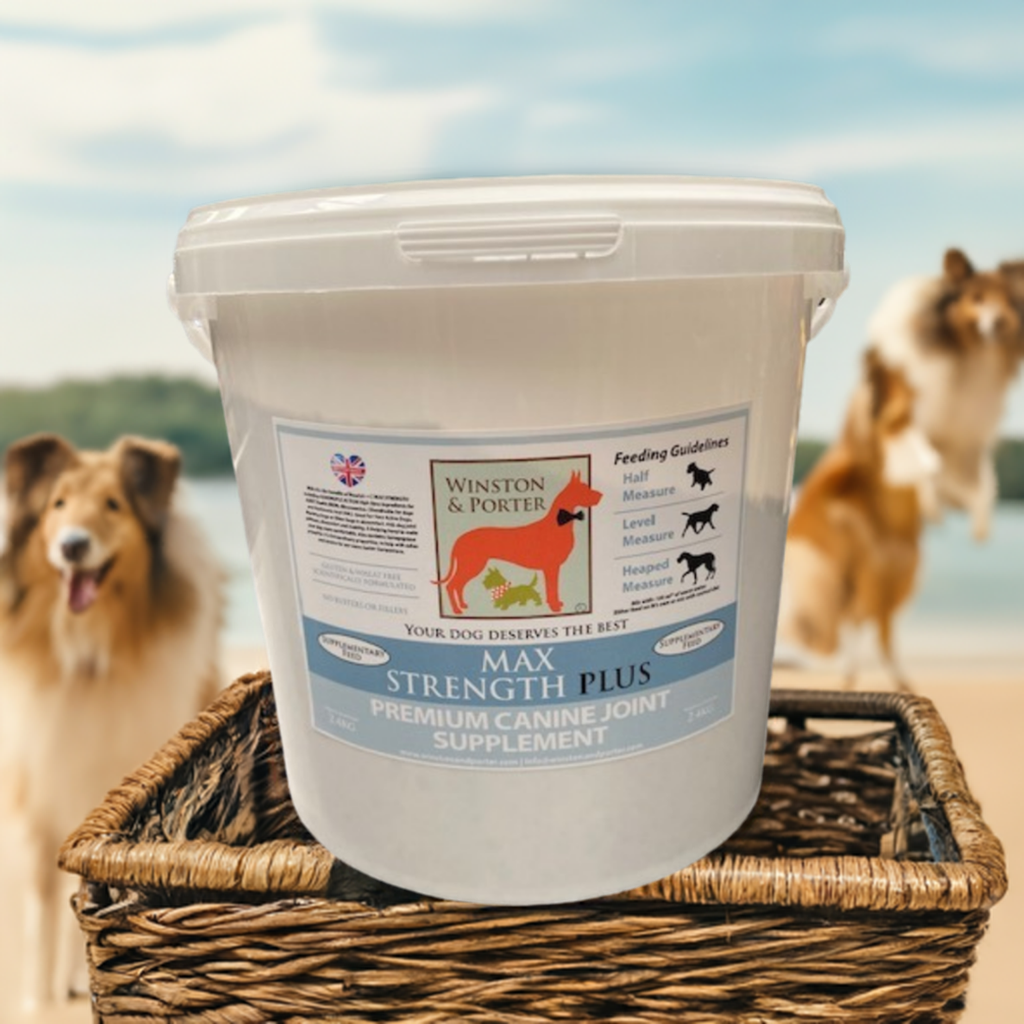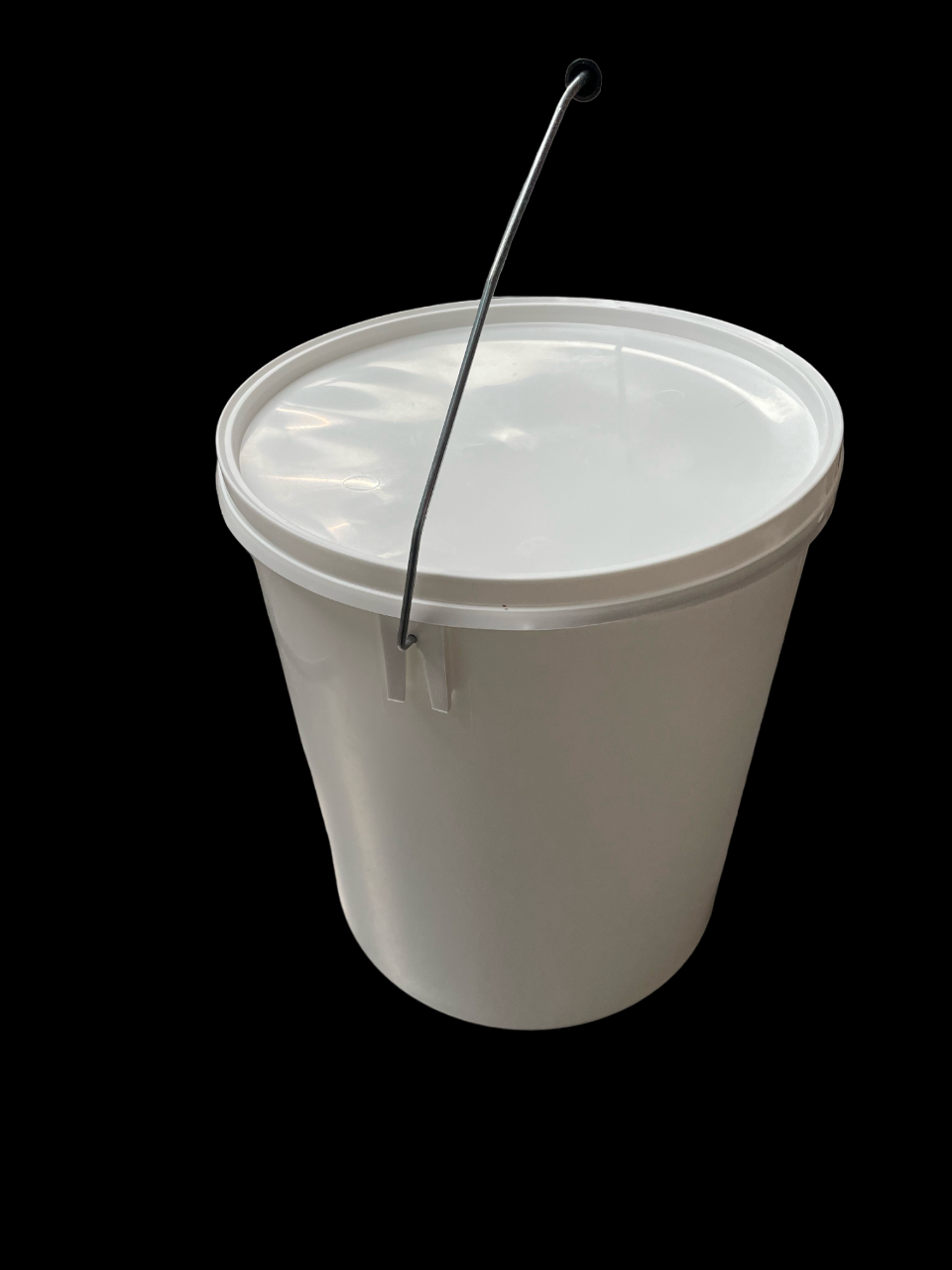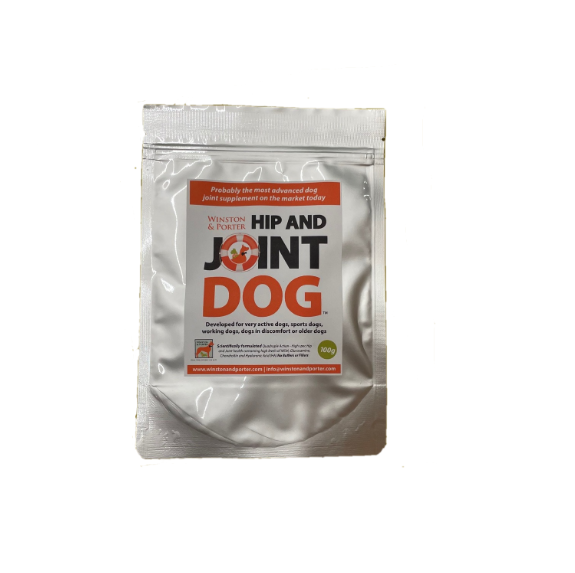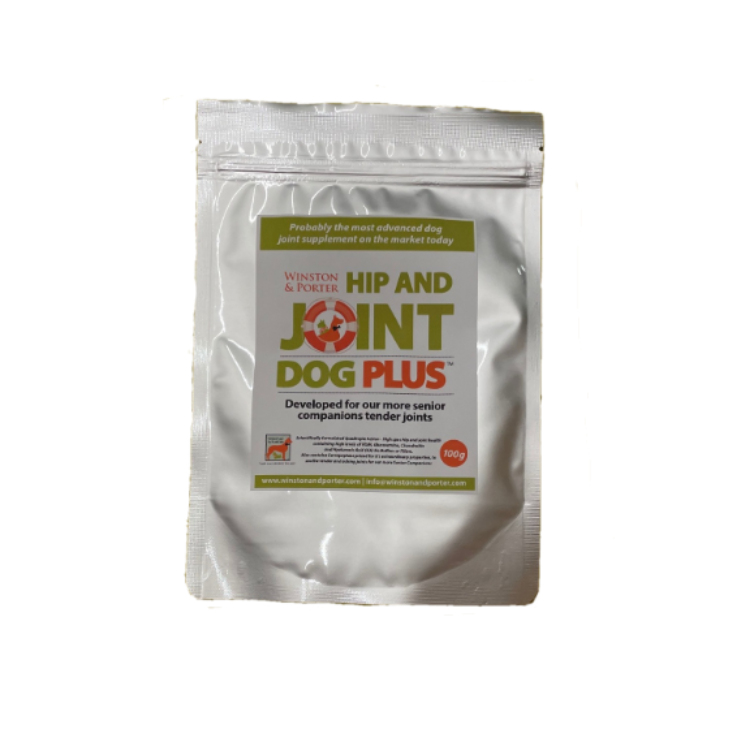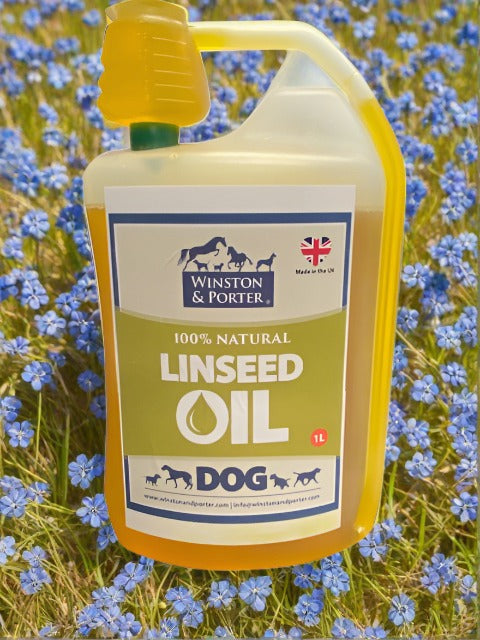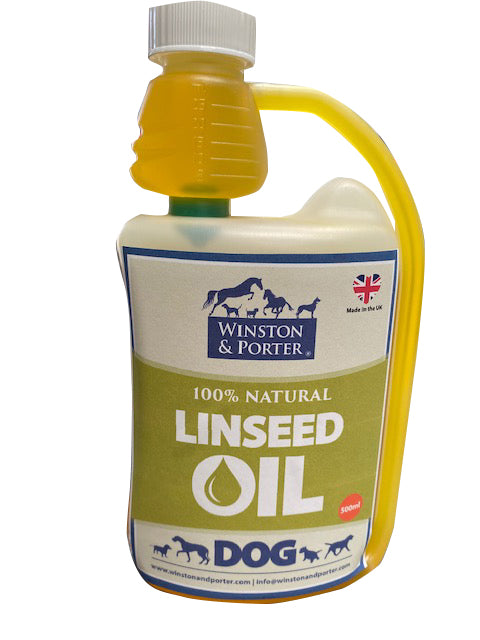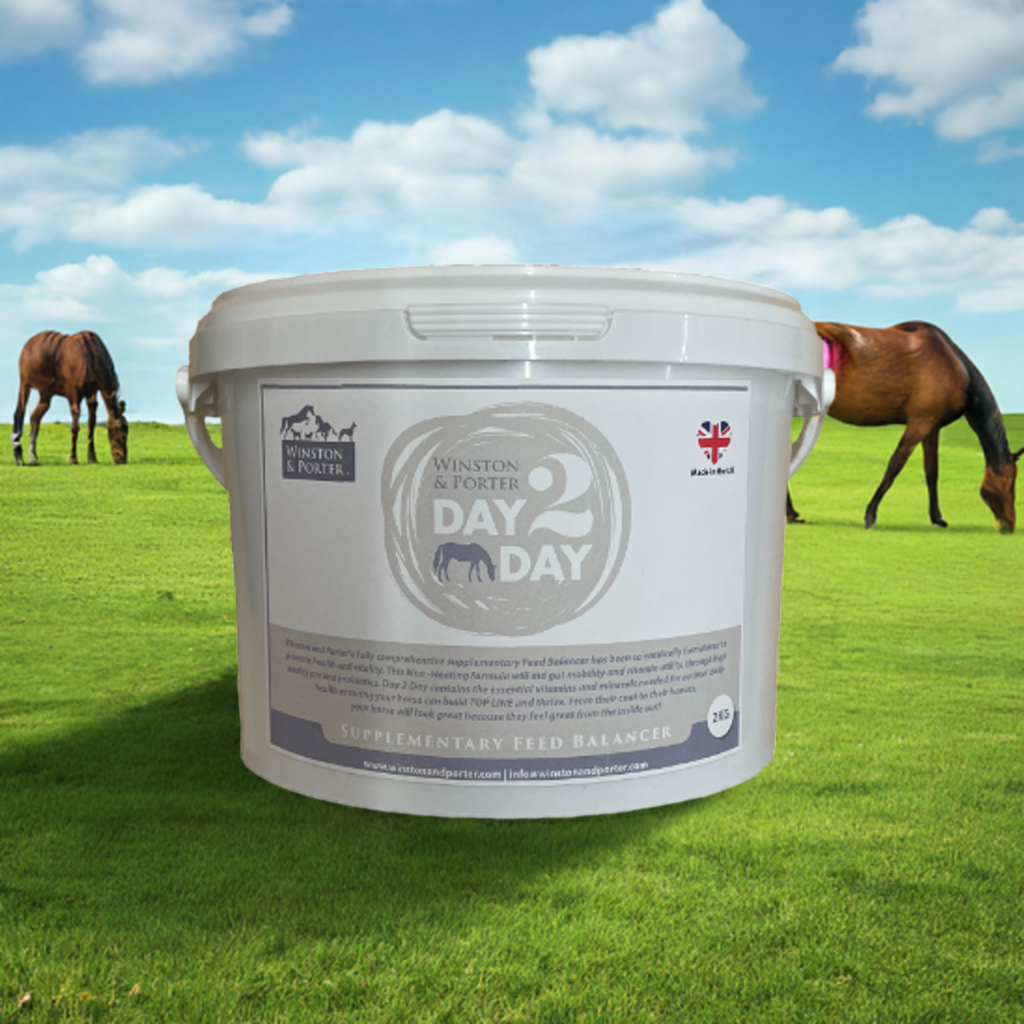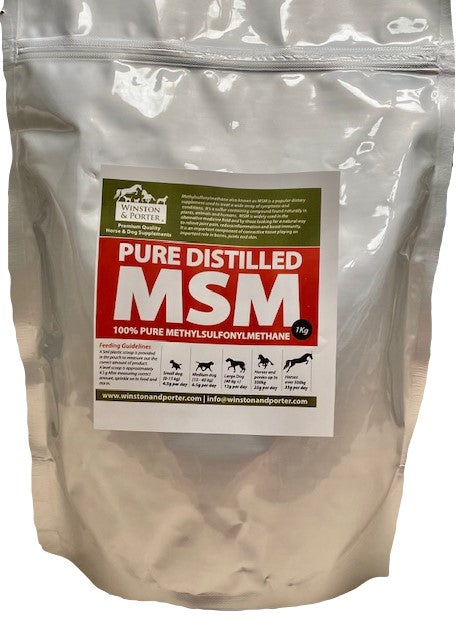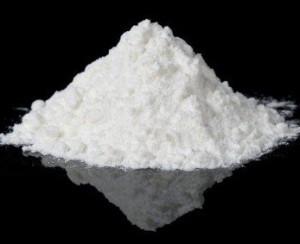
Why Protein is Key to Your Senior Dog’s Health: 10 Easy Ways to Boost Their Diet

The Importance of Protein in Old Dogs: A Guide to Supporting Their Health and Vitality
As our beloved canine companions age, their nutritional needs change, just like ours do. Among the various nutrients essential for their well-being, protein plays a particularly crucial role. In this blog, we'll explore why protein is so vital for older dogs, how it supports their health, and provide 10 practical ways to introduce more protein into their diet.

Why Protein is Essential for Older Dogs
1. Maintains Muscle Mass
One of the most significant challenges aging dogs face is the loss of muscle mass, a condition known as sarcopenia. Protein is the building block of muscles, and adequate intake is essential to preserve lean muscle mass as dogs age. This is particularly important for maintaining mobility, strength, and overall quality of life.
2. Supports Immune Function
Protein is critical for the production of antibodies and other immune system components. Older dogs often have weakened immune systems, making them more susceptible to infections and illnesses. A diet rich in high-quality protein can help bolster their defenses and keep them healthier for longer.
3. Aids in Repair and Regeneration
As dogs age, their bodies become less efficient at repairing tissues and healing wounds. Protein is essential for cell regeneration and repair, helping to maintain the integrity of skin, organs, and other tissues. This is especially important for older dogs that may suffer from conditions like arthritis or skin issues.
4. Promotes Healthy Skin and Coat
A shiny coat and healthy skin are often indicators of good nutrition. Protein plays a key role in the production of keratin, a protein that is a major component of hair, nails, and skin. For older dogs, maintaining a healthy coat can prevent skin infections and other dermatological issues.
5. Supports Cognitive Function
Emerging research suggests that certain amino acids found in protein may support cognitive function in aging dogs. These amino acids can help maintain brain health, potentially delaying or reducing the severity of age-related cognitive decline, such as canine cognitive dysfunction (similar to dementia in humans).
Signs Your Older Dog May Need More Protein
Before diving into ways to introduce more protein into your dog’s diet, it's essential to recognize the signs that they may need more of this vital nutrient:
- Muscle loss: Noticeable thinning of the muscles, particularly in the hind legs.
- Dull coat: A lackluster coat that is prone to shedding or thinning.
- Sluggishness: A general decline in energy levels and enthusiasm for activities.
- Weight loss: Unintended weight loss despite eating regular meals.
- Increased susceptibility to infections: Recurring infections or slow healing wounds.
If you notice any of these signs, it’s time to reassess your dog’s diet and consider increasing their protein intake.
10 Ways to Introduce More Protein into Your Old Dog’s Diet
Ensuring your senior dog gets enough protein doesn't have to be complicated. Here are ten practical and tasty ways to boost their protein intake:
1. High-Quality Commercial Dog Food
The simplest way to ensure your dog gets enough protein is to choose a high-quality commercial dog food specifically formulated for senior dogs. Look for products that list a high-quality animal protein source, such as chicken, beef, or fish, as the first ingredient. These foods are balanced to meet the nutritional needs of older dogs and are a convenient option for busy pet parents. Winston and Porter stock a premium high protein grain free dry dog food. Check it out here>>>>
2. Lean Meat Add-Ins
Adding cooked lean meats like chicken breast, turkey, or lean beef to your dog’s meals can significantly boost their protein intake. These meats should be free from added salt, spices, or sauces, which can be harmful to dogs. Simply cook the meat, cut it into small pieces, and mix it into your dog’s regular food.
3. Eggs
Eggs are an excellent source of high-quality protein and are easy to digest. You can serve eggs boiled, scrambled, or poached, but avoid adding any salt, butter, or oil. Eggs are also rich in essential fatty acids that support a healthy coat and skin. Start with small portions to ensure your dog tolerates eggs well.

4. Fish
Fish like salmon, mackerel, and sardines are not only rich in protein but also provide omega-3 fatty acids, which have anti-inflammatory properties. These fatty acids can help manage arthritis and other inflammatory conditions common in older dogs. Be sure to cook the fish thoroughly and remove any bones before feeding it to your dog.
5. Cottage Cheese
Low-fat cottage cheese is another good source of protein and can be a tasty treat or a meal topper. It’s gentle on the stomach and can be particularly beneficial for dogs that may have trouble digesting other proteins. However, monitor your dog for any signs of lactose intolerance, as some dogs may not tolerate dairy well.
6. Greek Yogurt
Plain, unsweetened Greek yogurt is high in protein and probiotics, which can aid in digestion. Like cottage cheese, it’s important to choose a low-fat option without added sugars or artificial sweeteners, which can be harmful to dogs. Greek yogurt can be mixed into your dog’s food or served as an occasional treat.
7. Organ Meats
Organ meats such as liver, heart, and kidneys are nutrient-dense and packed with protein. These meats are also rich in essential vitamins and minerals. Organ meats should be fed in moderation due to their high nutrient content. Overfeeding can lead to imbalances, so it’s best to incorporate them as a supplement to a balanced diet.

8. Protein-Rich Treats
When selecting treats for your senior dog, opt for those that are high in protein. Jerky treats made from chicken, beef, or turkey, as well as dehydrated fish, are excellent choices. Be sure to choose treats that are low in preservatives and additives. You can also make your own by dehydrating slices of lean meat at home.wHy not have a look at Winston and Porter's delicious natural 100% meat dog treats. Check them out here>>>>
9. Bone Broth
Bone broth is not only a good source of protein, but it also contains collagen, which supports joint health. It can be used to moisten dry kibble, making it more palatable for older dogs who may have dental issues or a reduced appetite. Make sure to use a homemade or dog-safe bone broth that doesn’t contain onions, garlic, or excessive salt.
10. High-Protein Vegetables
While vegetables are not as protein-rich as animal products, some like peas, spinach, and broccoli contain a decent amount of protein. These can be steamed and added to your dog’s meals as a supplement to their protein intake. Vegetables also provide fiber, which aids in digestion, especially for older dogs.

Transitioning Your Dog to a Higher Protein Diet
When introducing more protein into your older dog’s diet, it’s important to do so gradually. Sudden changes can upset their digestive system, leading to gastrointestinal issues like diarrhea or vomiting. Start by adding small amounts of the new protein sources to their current diet and gradually increase the quantity over a week or two.
Additionally, always consult your vet before making significant changes to your dog’s diet. This is particularly important for older dogs who may have underlying health conditions such as kidney disease, which can be impacted by protein intake.
In conclusion, protein is a vital nutrient that plays numerous roles in maintaining the health and vitality of older dogs. From preserving muscle mass to supporting the immune system and aiding in tissue repair, adequate protein intake is essential for aging dogs to live happy and healthy lives.
By incorporating high-quality protein sources into your dog’s diet through a combination of commercial foods, lean meats, eggs, fish, and other protein-rich options, you can help ensure they get the nutrition they need as they age. Remember to make dietary changes gradually and consult with your vet to tailor a diet that meets your senior dog's specific needs.
Caring for an older dog requires attention to detail, particularly when it comes to their diet. By prioritising protein, you can make a significant difference in their quality of life, helping them stay strong, active, and healthy well into their golden years.
